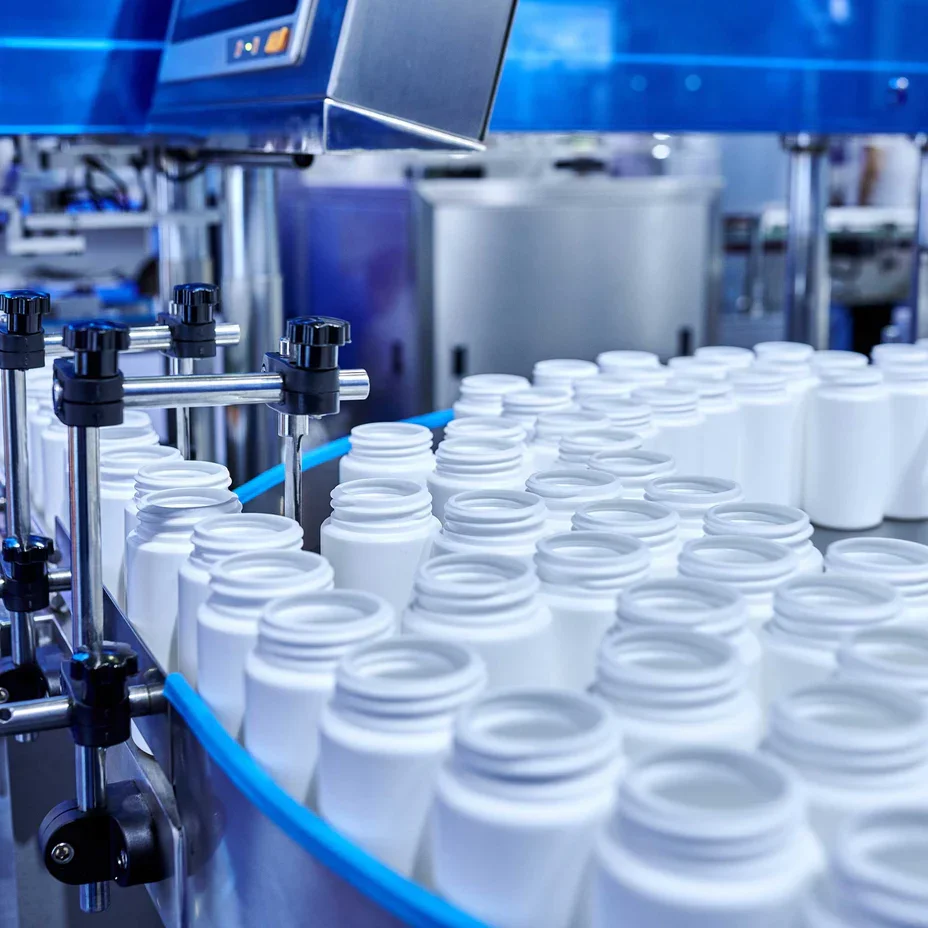White Label vs Private Label
-

What is White Labeling?
White Labeling is a process where a manufacturer creates products that can be sold to multiple companies, which then rebrand and market the products as their own.
Overview: In White Labeling, manufacturers design and produce a product—such as a skincare serum or moisturizer—with a predetermined formulation that fits broad market demands. This product comes in “unbranded” packaging that can be resold as-is by various businesses, who can (if they choose) label it as part of their own brand without any modifications to the formula itself.
Ideal For: White Labeling is often suited for startups, smaller businesses, or brands entering the market for the first time who want to assess demand and reduce initial costs. It’s also useful for those looking to offer high-quality, tested products without needing proprietary formulations.
-

What is Private Labeling?
Also known as 'Contract Manufacturing', Private Labeling is a more personalized approach where a manufacturer works closely with a business to create unique product ingredients, formulations, packaging, and more that are exclusive to that brand.
Overview: With Private Labeling, the brand and the manufacturer collaborate to create custom formulations designed to meet the specific needs, preferences, and brand ethos of the client. These products are proprietary, meaning only the client can sell them, resulting in a unique product line that distinguishes the brand in the market.
Ideal For: Private Labeling is often the choice for established brands looking to create a unique, premium product line, as well as for companies that prioritize brand differentiation and control over formulation.